Getting a Turkish Residence Permit: No Walk in the Park
Getting a Turkish residence permit has always been complicated. As a resident of Istanbul I’ve lived through the days of queuing all day for a ticket (to get another ticket) to the new online appointment system. However the system is configured, there are always hoops to jump through, making it a nervewracking experience.
“I walk through the metal detectors at the entrance of the foreigner police department and show my passport to an unfriendly policeman at the desk inside. Even though he can see from that I am foreign, I still have to explain my reason for wanting to enter the building. When I am finally allowed to pass, I scurry across a huge, empty square to a large, forbidding building. It is very fascist in design, and from the outside at least, reminds me of a George Orwell ‘big brother’ scenario.
Once inside I work out which floor to go to by asking three different people, and then climb the stairs with all the other Turks and foreigners here to apply for passports, visas and permits. Having established I am actually on the correct floor I take a seat and wait for my number to be called. The plastic chairs bolted to the floor and the lighting that is bright enough for an interrogation room give the department a clean and sterile appearance. It looks much like government departments in my own country but after a short time I realise it isn’t the same.
Despite the new computerised system that issues an appointment number and time, people still follow the old ways and turn up unnecessarily early. When we’d been escorted here in the past by a Turkish speaker supplied by our employer, we had to turn up at seven in the morning and queue until half past eight to get a numbered ticket from a security guard. This ticket only ensured us a place in another queue to get another number for an appointment time, so the day we didn’t turn up dead on seven we had to come back the next day to complete the process.
Today I eavesdrop on the people sitting next to me and learn that although they have an appointment for between eleven o’clock and midday they arrived at eight. Many of the early birds come with a complete family entourage of mother, father, children, uncles, aunts and cousins. There are hardly enough chairs for those people with an appointment, so there is constant movement as people shift from place to place and dart to recently vacated seats, always keeping an eye on the board announcing the number of the next person to be served.
The room is alive with the muted sounds of different languages. Some of the people in the waiting area come from Russia, China, the Turkic Republics and any one of the ‘’Stan’ countries. They usually speak some Turkish too, unlike the other foreigners waiting their turn. I see English speaking ‘girlfriends’ whose ages range from twenty to sixty five, all accompanied by their much younger Turkish swains.
The other foreigners are a very mixed bunch. Some work for international companies, some are employed to teach at schools and universities, and others are missionaries here to proselytise. No matter why they are in Turkey, most are accompanied by at least one other person acting as a translator or a fixer. Many of these unofficial translators are someone from a company or school and speak good English. They see a trip to the foreigner police department as a welcome break from boring jobs, so they insist on turning up hours before the appointment time to catch up on reading text messages or lost sleep.
My number is forty two and there are fifty appointments issued for each hour. This means I am due to see someone between nine and ten o’clock, but I don’t get to see a police official until well past ten o’clock. Just before my number is due to come up I go and stand under the electronic number board in case anyone tries to queue jump. When my turn comes I still have to push and shove past numerous people all pleading to ask ‘just one question’, hoping to be seen out of turn.
At the counter a serious policeman, who doesn’t return my smile, asks for my documents. I have everything ready and am not worried as I watch him examine everything carefully in turn: my passport, my old Turkish residence permit booklet, the copies of those, a bank statement showing I have adequate income to reside in the country and four glamorous identical passport sized photos of me. All seems to be going well until suddenly he hectors me with a question. He speaks too quickly for me to understand him, so I ask him in Turkish if he could speak more slowly.
“Are you working in Turkey?” he asks. I am not, so I can answer truthfully.
“Why are you in Turkey?” he then wants to know. I explain I have been coming back and forth to the country for many years and now have many friends here. I tell him my husband and I have bought an apartment, hoping this will stop the questions and prove I am a solvent citizen.
“Are you looking for a job?” he probes. Again, I say no, but he persists.
“Why don’t you want to work in Turkey” he inquires, “What do you do with your time?” I manage to tell him that after we are settled I will probably look for a job. He glares at me on hearing this, so I hasten to add that of course I know I can only work if I have a work permit. However, I also know a lot of schools don’t get work permits for their foreign teachers because they’ll have to pay their health and pension benefits.
Naturally I’m not about to share this criticism with a police officer, even if I did have the language to do so. He doesn’t seem satisfied with my answer, so I muster all the Turkish vocabulary I have and go into enormous detail about how I’m spending my days at the moment.
“You know,” I tell him earnestly, “when you buy a new apartment there are many things to do. We bought a new fridge, a new washing machine and a new television. My husband wanted a very big television. I did not want a very big television. But my husband, he is retired. He watches football. We bought a very big television.”
I can see the beginnings of panic in the officer’s eyes, so undeterred by the rules of chronology, narrative or tense I continue. “We must buy many things. I am foreign. My Turkish is not enough. We went to IKEA. We went to Bauhaus. You know the windows in the apartment? The windows are open. They are not covered. We did not want to buy curtains. We could not make a decision. We had arguments . . .”
By the time I begin to explain, in excruciating detail, the discussions involved in choosing and then ordering made-to-measure blinds he throws up his arms in defeat and disgust. I am ecstatic. I have managed to out Turk a Turk by drowning him in minutiae. Nonetheless, I hide my joy and resolutely do not smile as he ticks various boxes and angrily stamps each page of my application. I leave happily grinning to myself. From arrival to departure, I had only been at the Emniyet for two hours and would be able to pick up my new residence permit in a few days.
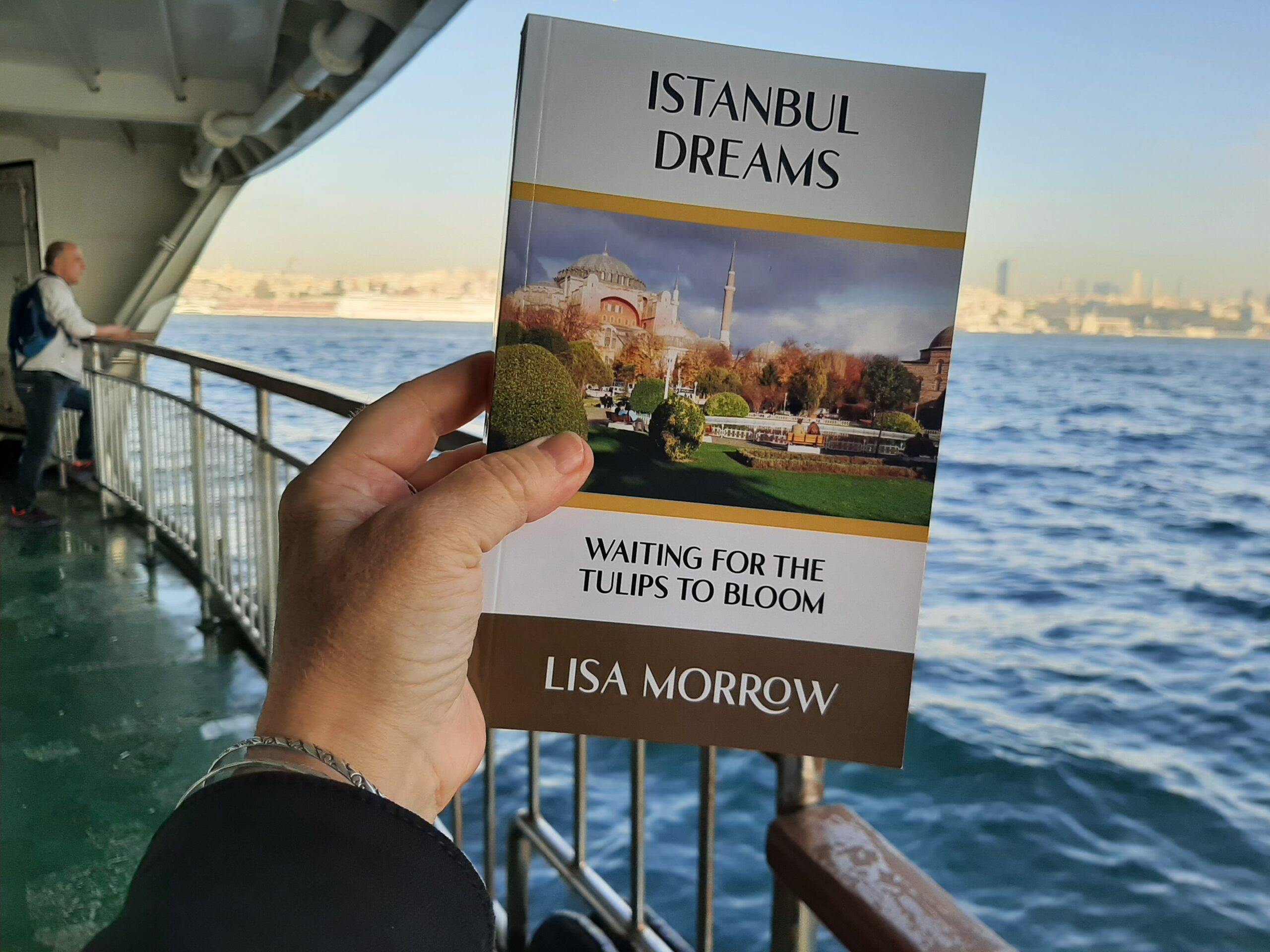
Luckily the process to get a Turkish residence permit has simplified a lot since I wrote about it in my travel memoir Istanbul Dreams: Waiting for the Tulips to Bloom.
You can find out how to apply and what it’s like now in my post Turkish evisas (including getting a residence permit).
********************************
Planning to come to Istanbul or Turkey? Here are my helpful tips for planning your trip.
For FLIGHTS I like to use Kiwi.com.
However E-SIM are the way to go to stay connected with a local phone number and mobile data on the go. Airalo is easy to use and affordable.
Even if I never claim on it, I always take out TRAVEL INSURANCE. I recommend Visitors Coverage.
I’m a big advocate of public transport, but know it’s not suitable for everyone all the time. When I need to be picked up from or get to Istanbul Airport or Sabiha Gokcen Airport, I use one of these GetYourGuide website AIRPORT TRANSFERS.
ACCOMMODATION: When I want to find a place to stay I use Booking.com.
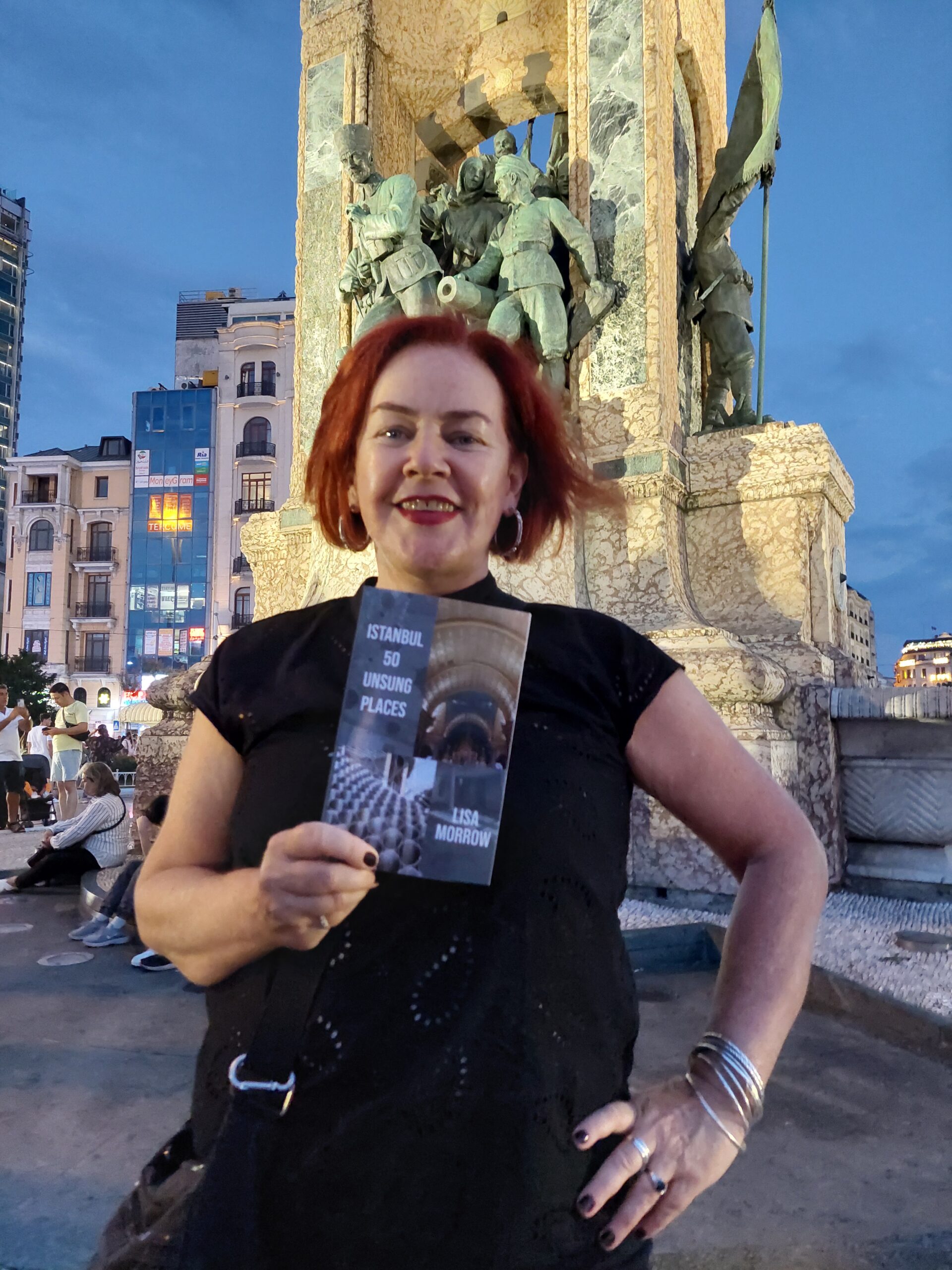
CITY TOURS & DAY TRIPS: Let me guide you around Kadikoy with my audio walking tour Stepping back through Chalcedon or venture further afield with my bespoke guidebook Istanbul 50 Unsung Places. I know you’ll love visiting the lesser-known sites I’ve included. It’s based on using public transport as much as possible so you won’t be adding too much to your carbon footprint. Then read about what you’ve seen and experienced in my three essay collections and memoir about moving to Istanbul permanently.
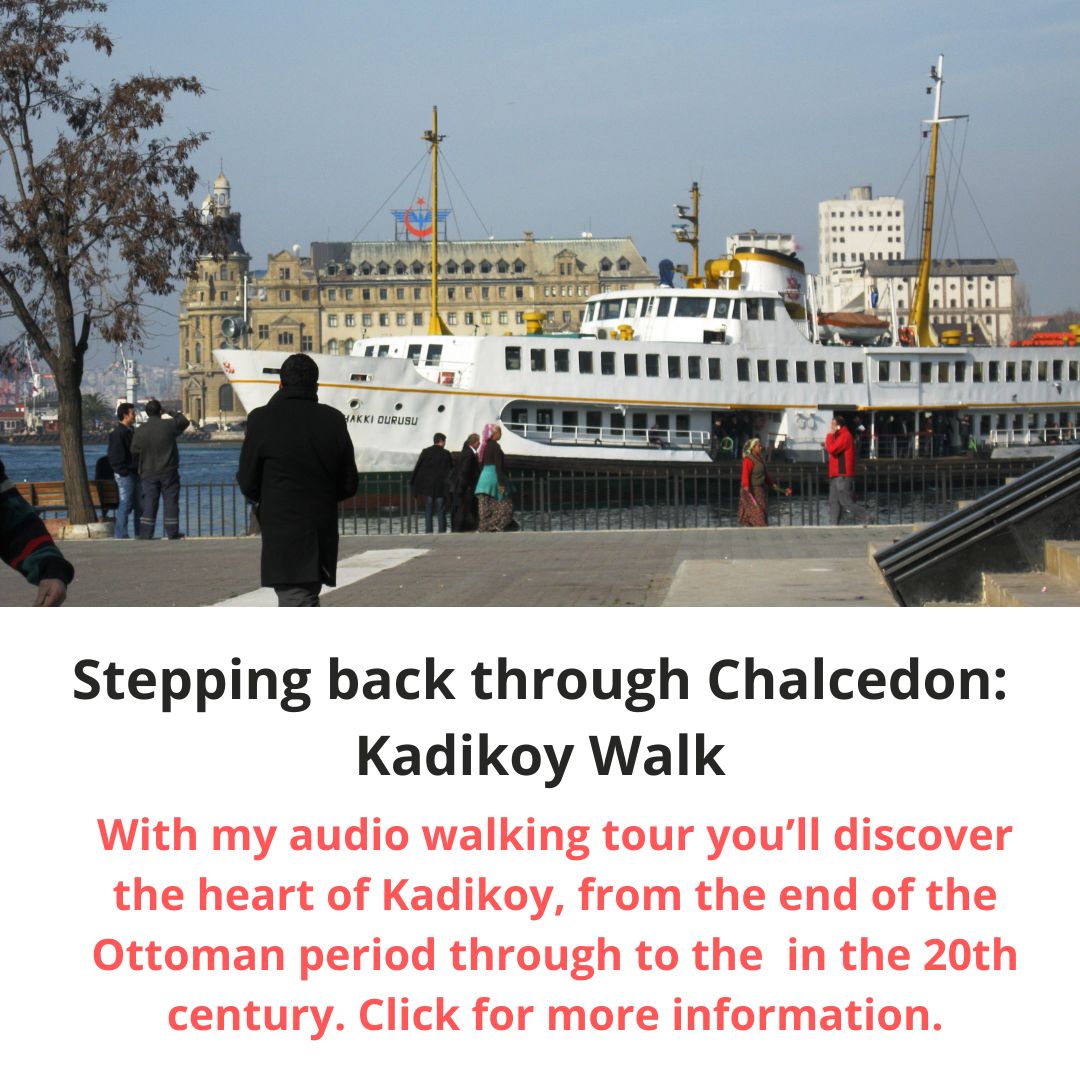
Browse the GetYourGuide website or Viator to find even more ways to experience Istanbul and Turkey with food tours, visits to the old city, evening Bosphorus cruises and more!
However you travel, stay safe and have fun! Iyi yolculuklar.
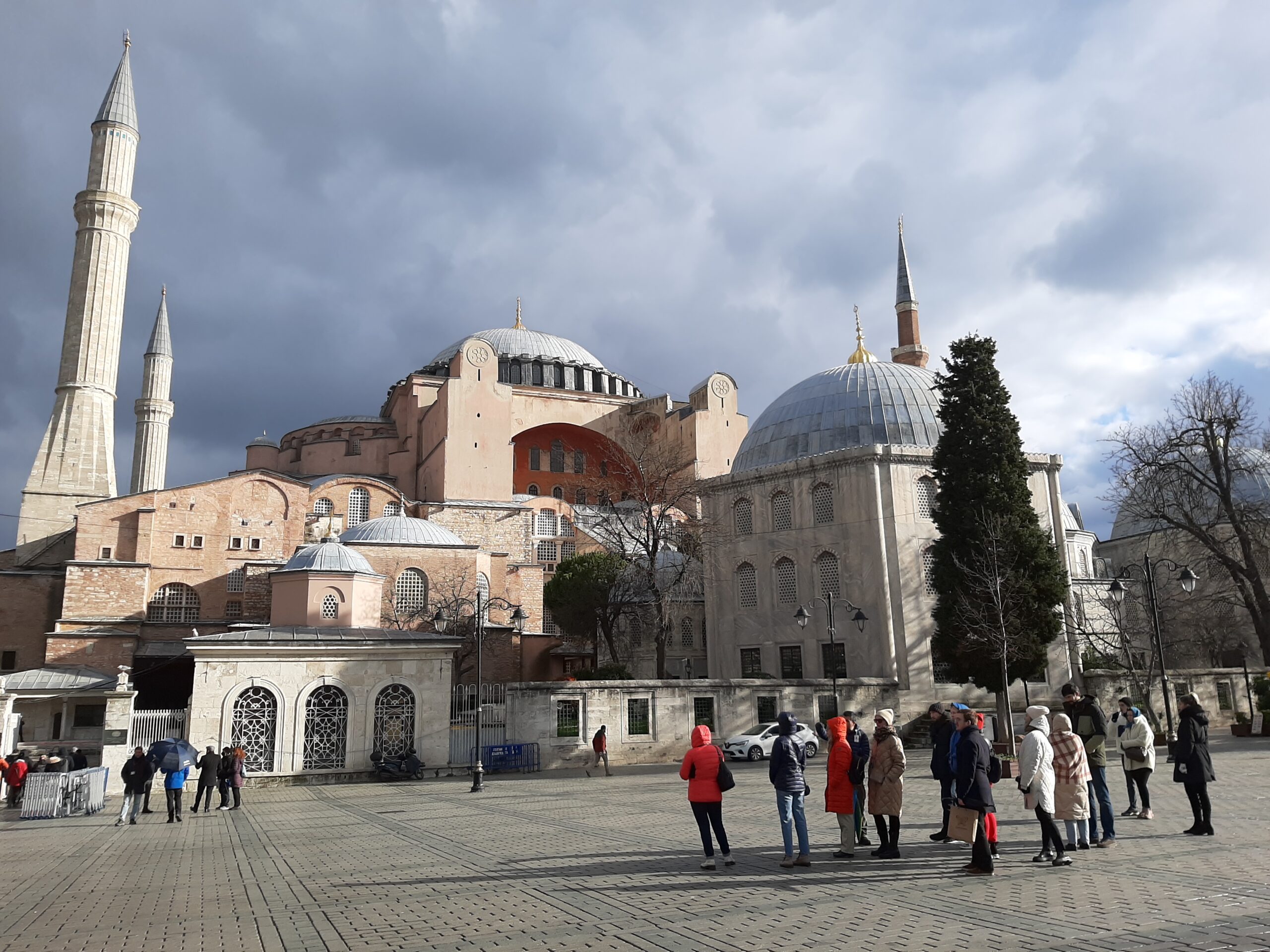
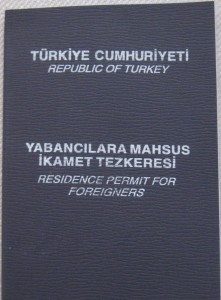
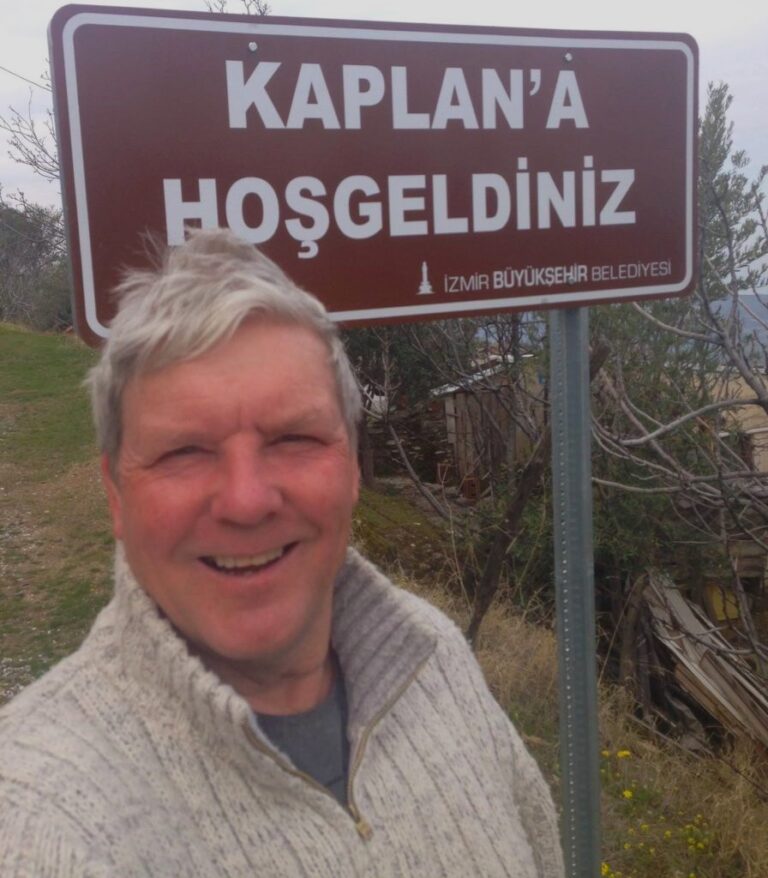
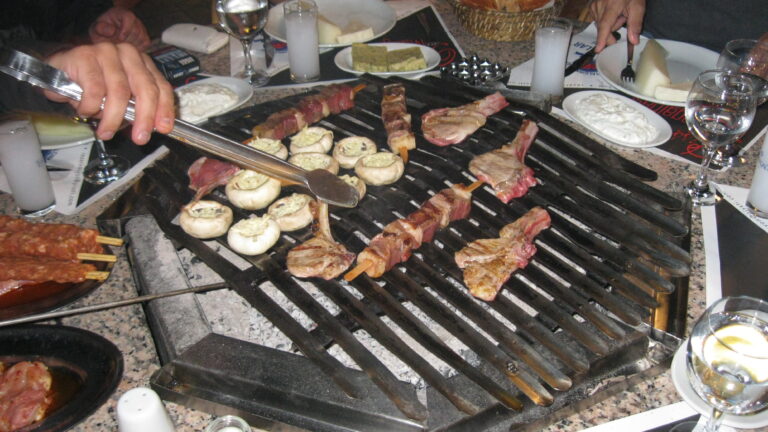
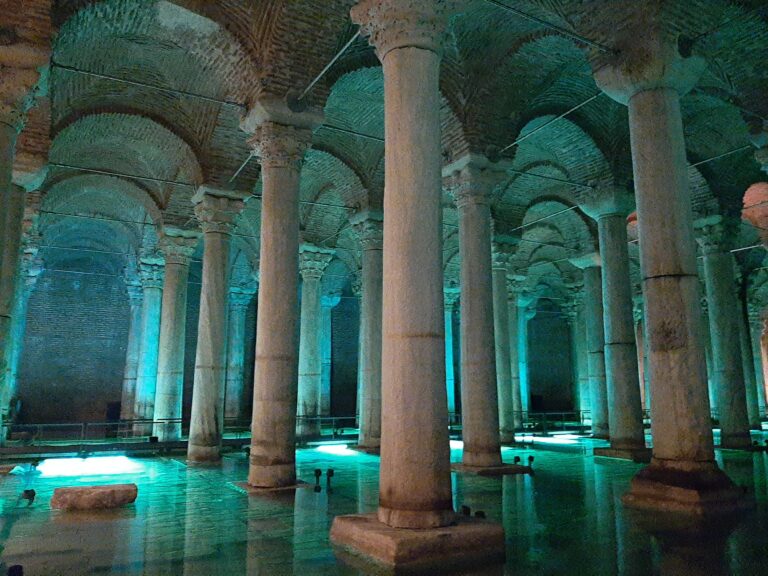
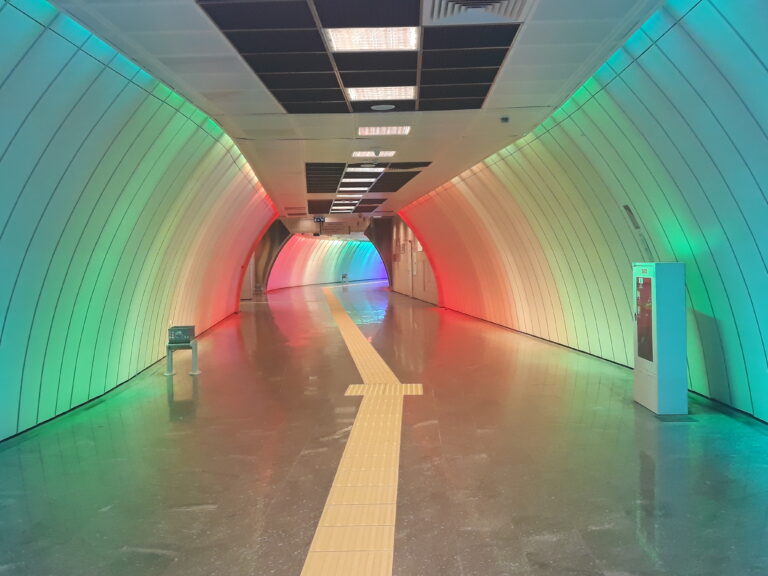
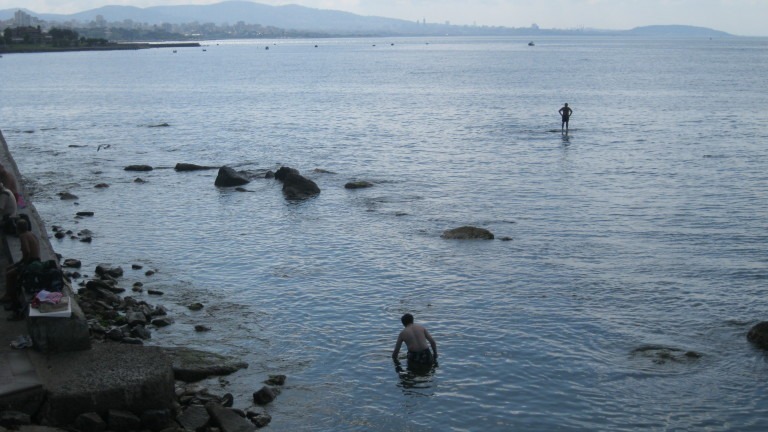
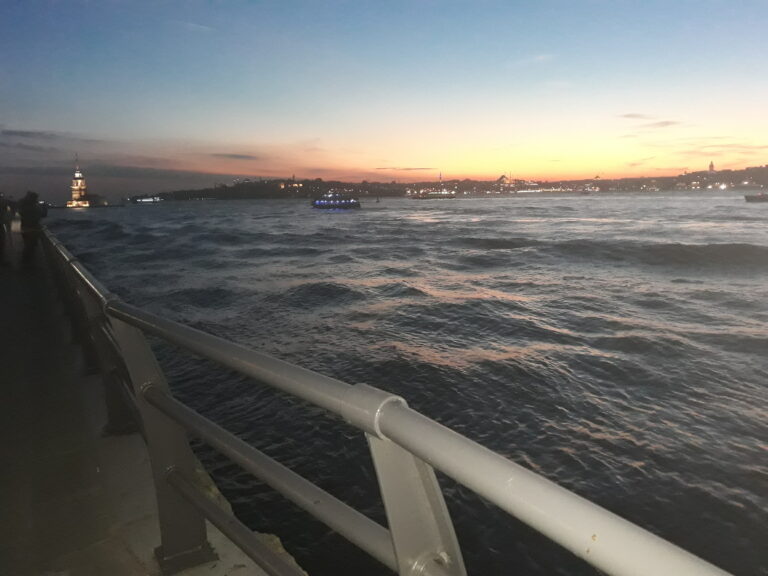
Your post made me laugh – I haven’t had to face this sort of bureaucracy for such a long time that I’d almost forgotten – thanks for reminding me of how lucky I am not to have to jump through these hoops any more.
I’m glad you enjoyed it! Please share my blog with your friends.
I suggest you to read some adventures of Turkish people in US and EU Embassys just to have a touristic visa. So, for residence permit it is nothing comparing with what your countries do.
I suggest you to read some adventures of Turkish people in US and EU Embassys just to have a touristic visa. So, for residence permit it is nothing comparing with what your countries do.
Thank you for your suggestions. I have many Turkish friends who have travelled to and lived in other countries, so I am aware of what they have to go through to get permission to travel and reside elsewhere. As I am a foreigner living in Istanbul I write about my life here in the hope others will enjoy my writing and maybe gain some useful imsights from my experiences.